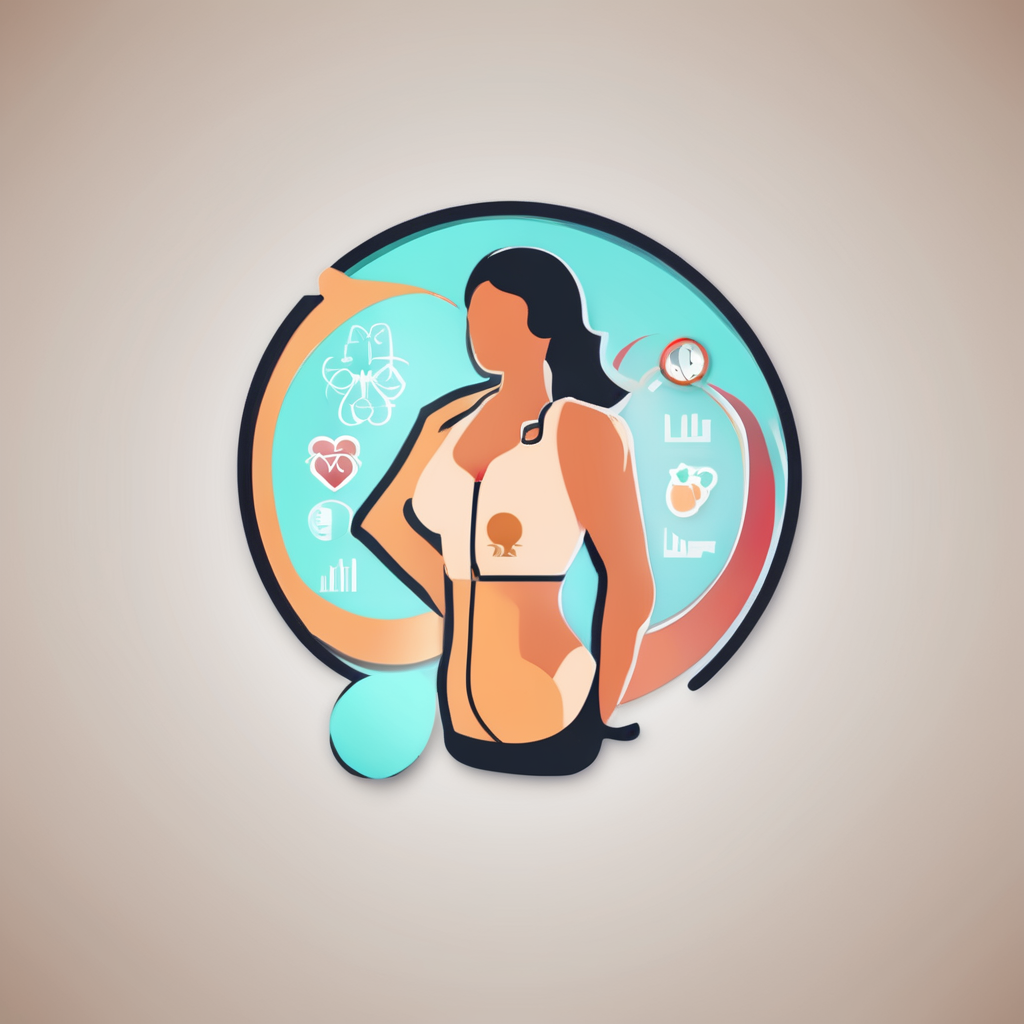Personality tests are more than just fun questionnaires; they offer valuable insights into your traits and tendencies. By exploring various methodologies like the MBTI and Big Five, you can better understand yourself and others. Authentic participation leads to meaningful results, paving the way for personal growth and enhanced relationships. Ready to discover the layers of your personality? Let’s dive into the fascinating world of self-assessment and personal development.
Overview of Personality Tests and Their Importance
Personality tests are tools designed to evaluate and categorize individual traits, behaviors, and preferences. With applications ranging from self-discovery to career planning, these assessments offer valuable insights into how we perceive ourselves and interact with the world. Understanding different types of personality tests can help you choose the most effective one for your needs. For those seeking More Accurate Personality Tests, advanced platforms often incorporate scientific methodologies, ensuring reliability and deeper insights.
In the same genre : Your family's expert Geneva dentist for all dental needs
There are several widely recognized types of personality assessments. The Myers-Briggs Type Indicator (MBTI), for instance, divides individuals into 16 unique personality types based on their cognitive functions. The Big Five personality traits—openness, conscientiousness, extraversion, agreeableness, and neuroticism—offer a structured analysis of how personality manifests across five core dimensions. Others, like the DISC assessment, focus on workplace behavior, making them invaluable for team building and improving communication within professional settings.
Choosing reliable tests is essential, as questionable assessments may yield inaccurate or generic results. Scientifically validated tests, such as the Big Five or MBTI, provide both depth and authenticity, making them effective for understanding personal strengths, addressing weaknesses, and fostering personal growth in meaningful ways.
Additional reading : Enhancing Premature Infant Care: Key Strategies for UK Neonatologists
Popular Personality Assessment Methodologies
Myers-Briggs Type Indicator: A Deep Dive
The Myers-Briggs Type Indicator (MBTI) is one of the most recognizable frameworks in personality testing. It organizes individuals into 16 personality types based on preferences in four dichotomies: Introversion vs. Extraversion, Sensing vs. Intuition, Thinking vs. Feeling, and Judging vs. Perceiving. These personality types, such as INFJ or ENTP, provide insights into how individuals perceive the world and make decisions. Despite its popularity, the MBTI has faced criticism regarding its accuracy and scientific validity. However, it remains widely used in career planning and self-discovery for its practical application and ease of understanding.
Understanding the Big Five Traits
The Big Five personality traits—openness, conscientiousness, extraversion, agreeableness, and neuroticism—represent a model grounded in empirical research. Unlike MBTI, the Big Five focuses on measuring personality on a continuum rather than categorization. It is often regarded as one of the most reliable personality tests due to its scientific foundation. Studies have connected these traits to behavioral patterns, workplace performance, and relationship dynamics, making it ideal for deeper psychological exploration and team-building.
The Enneagram and Its Applications
The Enneagram divides personalities into nine interconnected types, each representing fundamental motivations and fears. Popular in personal growth and relationship-building, its dynamic structure offers guidance on how individuals can adapt to challenges and improve communication. While its origins are less scientific, it provides a reflective tool for understanding emotional intelligence and behavioral traits.
Utilizing Personality Tests for Personal Growth
Interpreting Your Results for Personal Development
Once you’ve completed personality tests for self-discovery, the next step is interpreting them. Pay attention to how your results align with your self-perception and real-life experiences. Analyzing outcomes is not about fitting into rigid categories but rather about gaining insights into your traits and behaviors. For instance, the interpretation of personality test results can reveal tendencies like introversion or extraversion, which shape your social interactions.
Consider using these insights to enhance self-awareness through personality assessments. Self-awareness allows you to recognize patterns in your decisions and emotional responses. Results showing high openness might signal a natural curiosity for learning, while high conscientiousness might explain your preference for structured routines. When applied thoughtfully, this can lead to practical improvements in areas like stress management or productivity.
Keep in mind that while these tests provide valuable perspectives, they’re tools, not definitive answers. They reveal tendencies you can further explore, rather than labels to limit yourself. By genuinely reflecting on the findings, the journey toward self-improvement becomes actionable, fostering a deeper connection to your goals and personality dynamics.











